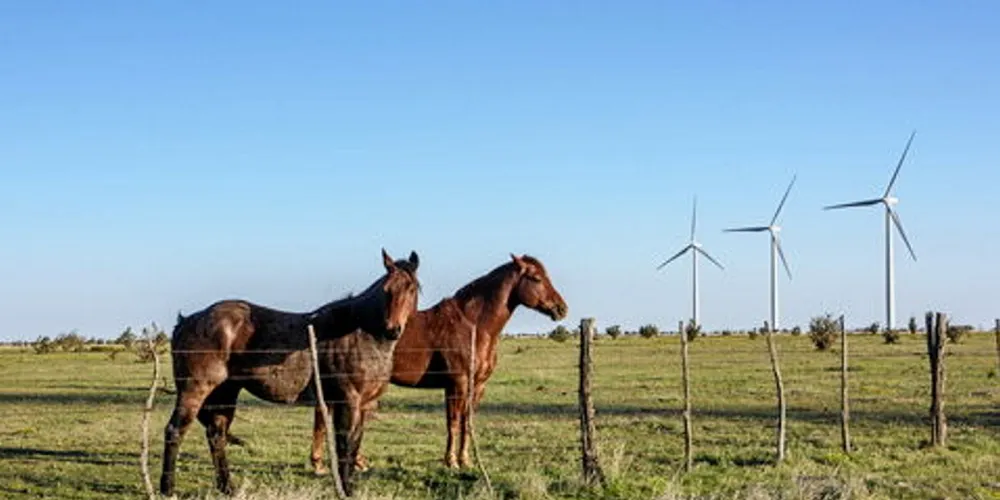Canada's Boralex makes $250m swoop for project stakes in two key US wind markets
The deal for EDF Renewables' 50% ownership in five operating projects gives Boralex footholds in wind heavyweights ERCOT and Southwest Power Pool

Canada’s Boralex has acquired EDF Renewables’ 50% ownership stake totaling 447MW installed capacity in five operating wind farms in the US for $249.8m (C$339.7m), the Quebec-based company announced.
The deal increases Boralex's renewable energy - battery storage, hydro, solar, and wind - portfolio to 2.95GW.
Boralex becomes the managing partner of the facilities in New Mexico and Texas and financed the transaction from cash flow. Axium Infrastructure, the independent portfolio management firm with headquarters in Montreal, owns the other 50%.
The wind farms include Hereford (200MW), Longhorn (200MW), and Spinning Spur 3 (194MW) in Texas, and Milo (50MW) and Roosevelt (250MW) in New Mexico.
Those in Texas serve the Electric Reliability Council of Texas (ERCOT), which represents 90% of the state’s electric load and is the largest US balancing authority for wind.
The New Mexico facilities are in the Southwest Power Pool, which operates an electric grid in all or part of 14 central US states and is among the country's fastest growing wind power markets.
“This acquisition represents Boralex’s entry into the ERCOT and SPP markets,” said CEO Patrick Decostre, adding both are among the most robust US wind resource regions.
The wind farms have no project debt, mostly use Vestas turbines, and entered commercial operation between late 2014 and early 2016.
Roosevelt and Spinning Spur have 13-year busbar PPAs and Longhorn has a 3-year hub-settled PPA, while Hereford and Milo are fully merchant projects. With current inflation, some merchant exposure will be complimentary to the PPAs, according to the company.
“Contracted PPAs are structured to mitigate basis and economic curtailment risks,” said Boralex, adding, “There are no fixed shape hedges in this portfolio that have caused market difficulties.”
In March 2021, five days of historically cold winter weather led to unprecedented ERCOT grid failures as many thermal and wind plants either shut down, under-performed, or were unable to fully export power.
Dozens of wind farms suffered billions of dollars of losses even though the industry played a minor role in the power generation shortages that crippled much of the state. Many had fixed shape hedges committing them to deliver a fixed amount of power every hour, regardless of actual levels of generation.
This meant that project owners had to buy electricity on the wholesale market at times when they could not generate enough power, and supply that to their off-takers at an earlier agreed set price.
But over almost four days, the wholesale price was inflated to the ceiling price of $9,000 per MWh — more than 400 times the average $22/MWh price for bulk power in Texas in 2020 — as ERCOT desperately sought power.
(Copyright)